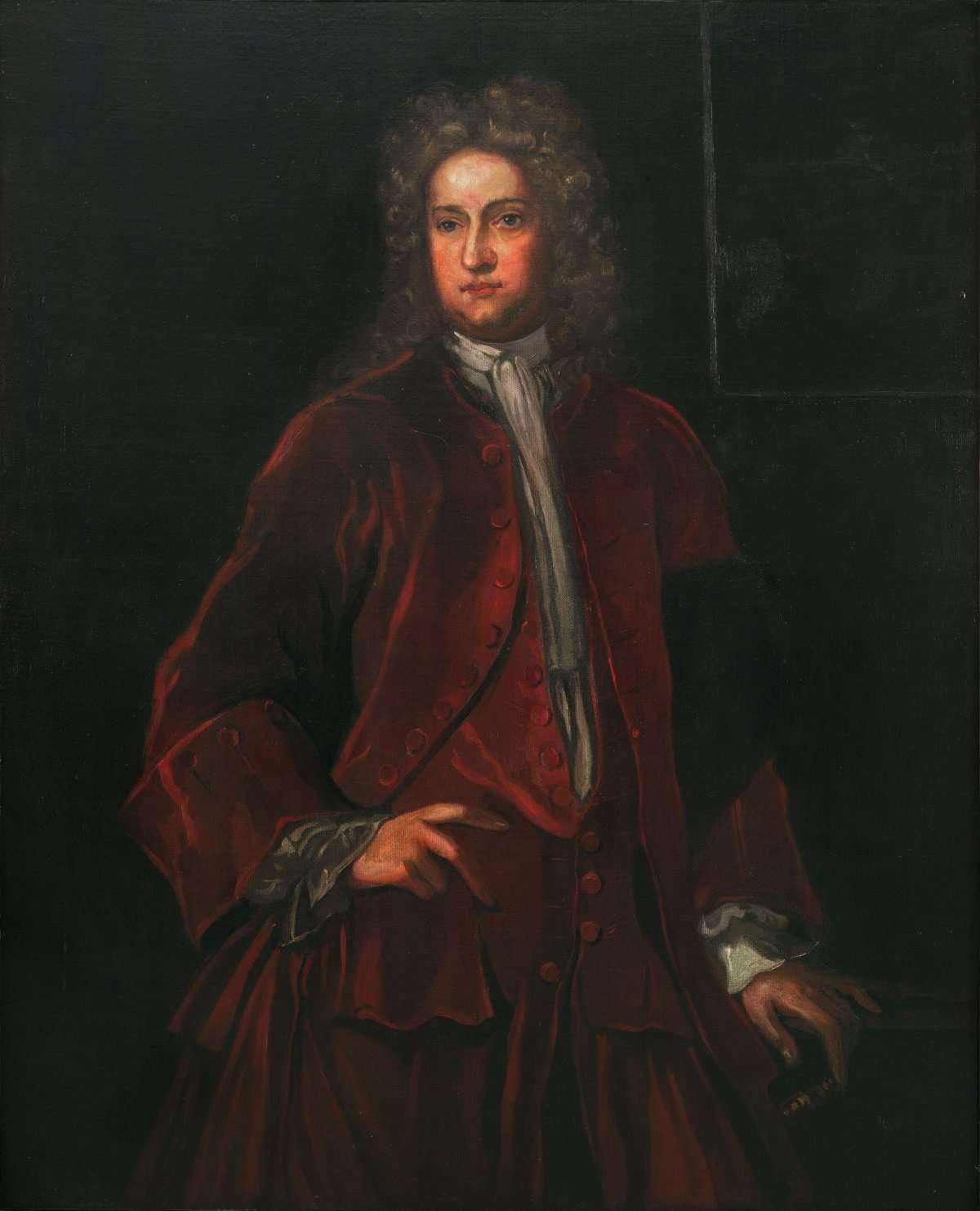
(1605-1677) Sir William Berkeley was twice the English governor of the [[Virginia]] colony, once from 1642 to 1652, and then again from 1660 to 1677. He was a favorite of [[King Charles I]], so he was unseated when the king was executed at the end of the English Civil War. Berkeley was allowed to remain in Virginia on his own estate; then he was restored after [[Charles II]]'s restoration. William's older brother was [John Berkeley, 1st Baron Berkeley of Stratton](https://en.wikipedia.org/wiki/John_Berkeley,_1st_Baron_Berkeley_of_Stratton).
Berkeley was hostile to [[Puritan|Puritans]] and [[Quaker|Quakers]] and passed a law designed to suppress them in Virginia. He was also against public schools and printing, apparently thinking that too much thinking on the part of the lower orders would only lead to "disobedience, heresy, and sects".
In 1675, Berkeley welcomed his wife's nephew, [[Nathaniel Bacon]] into [[Jamestown]] society and appointed him to a position of responsibility. When Bacon began criticizing Berkeley's policy of appeasing the Indians on the colony's border, Berkeley pushed him out of his inner circle of advisors and confidants. The result was [[Bacon's Rebellion]], which fizzled when Bacon died of illness. Berkeley was recalled to London and died in 1677, awaiting a chance to plead his case to the king.